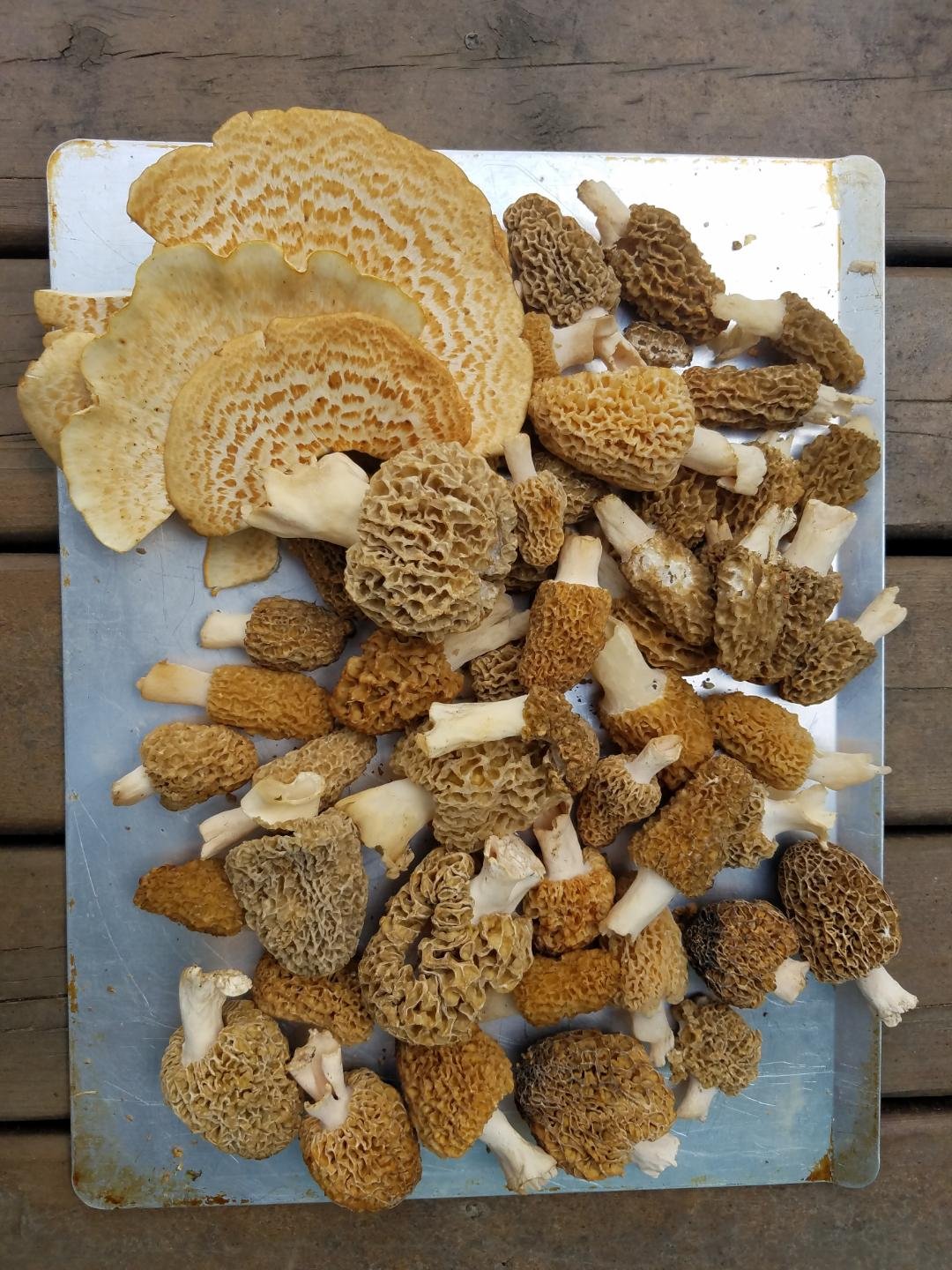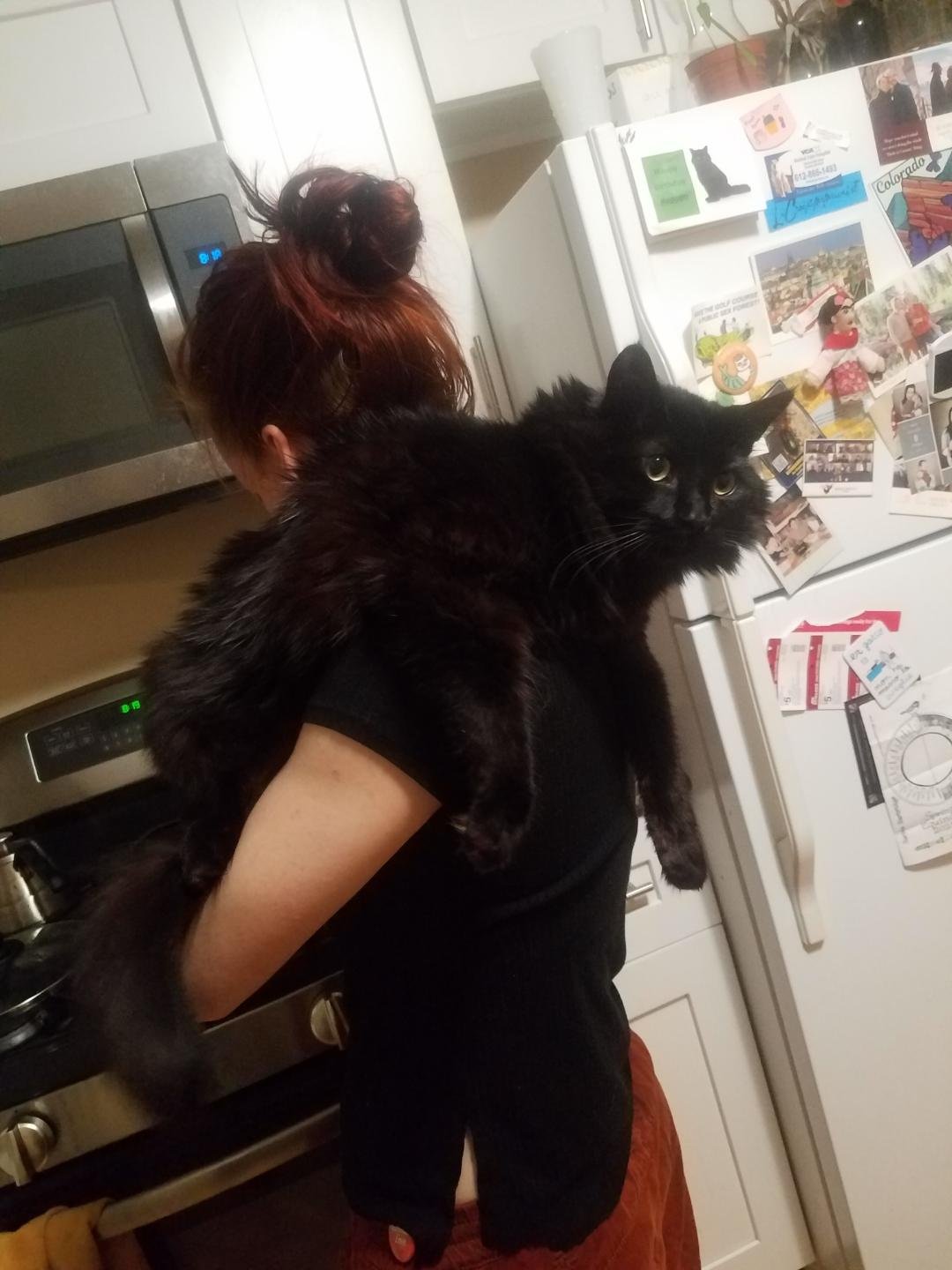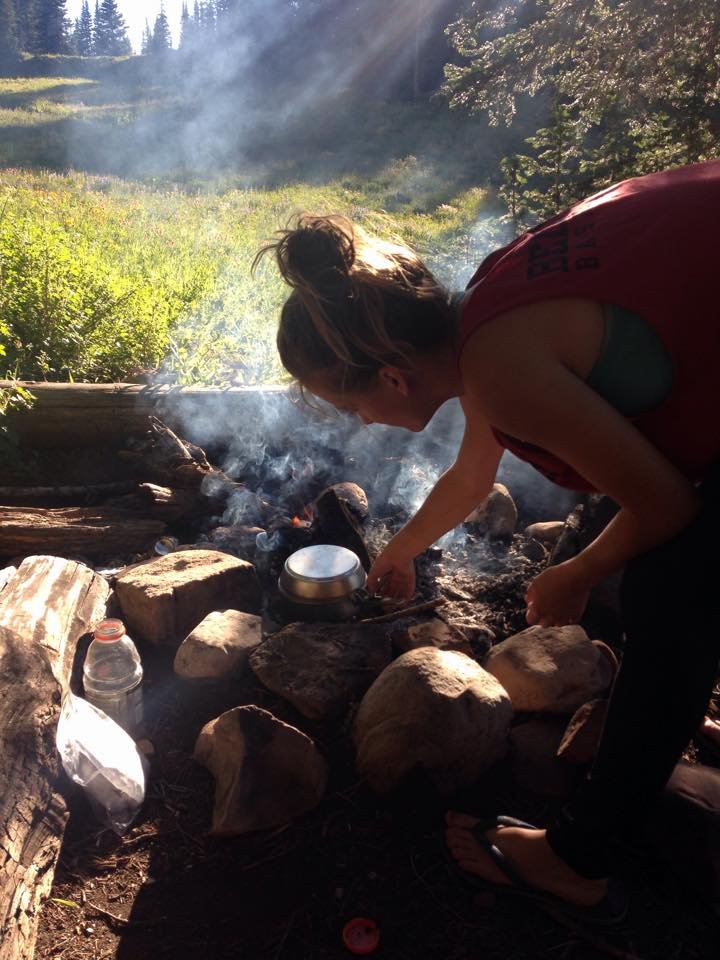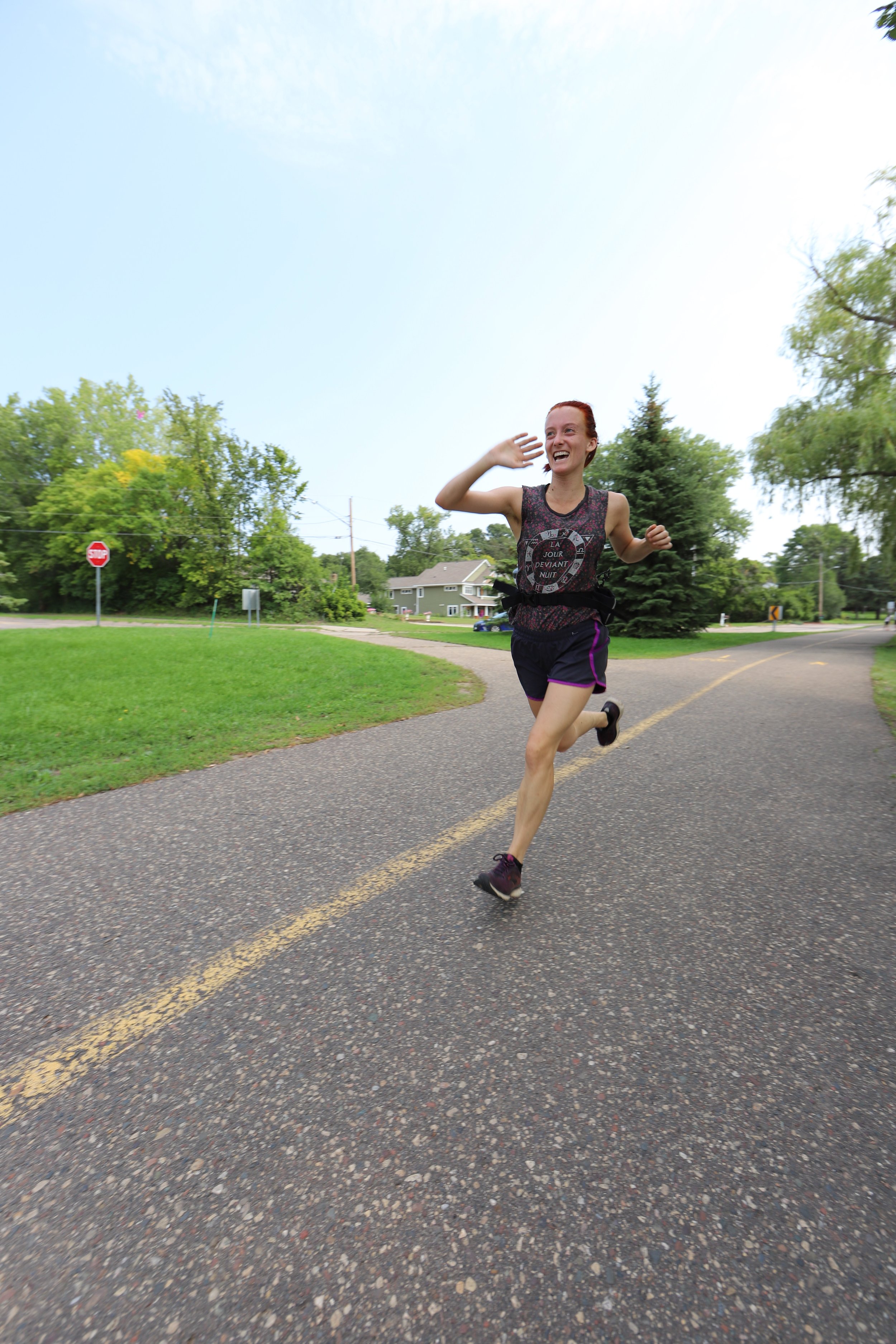Meet the Greener Pastures Team:
Grace Haynes, Education Intern
In this series, get to know the people & faces who make up our team- and why we’re committed to making our food system more humane, sustainable, and just.
Story by Kayleen Nagell | Photography by Sarah Carroll
Q: Introduce yourself! Who are you and where are you located?
A: A: I’m Grace Haynes (she/her/hers), entomologist/ecologist and recent graduate from a Master’s program at the University of Minnesota. I’m an avid runner, cook, gardener, cat mom, naturalist, and forager! I’ve been living in Minneapolis and will soon be starting a new role as an environmental educator. I was brought onto the Greener Pastures team as an Education Intern. I’ve been creating the Ethical Eating Primer series: an educational resource for our learners to use to learn more about conventional agriculture vs. its sustainable, humane, and just alternatives. I want to empower people to make food choices that align with their values! I’m sad to say my last day will be June 30th!
Q: Why did you want to work at Greener Pastures, and what role do you play in helping Greener Pastures meet its mission?
A: I am passionate about making science accessible, so I was intrigued by the job listing I saw from Greener Pastures. It had such a strong emphasis on translating complex information into a digestible format for everyday learners. Having just finished my Master’s degree when I started, I was also eager to gain experience in nonprofit work to inform my interest in working longer-term in the nonprofit sector. After interviewing with Sarah Carroll and Sarah Wescott, it was clear to me that their values aligned with mine. We had an amazing conversation about the way corporate interests manipulate information about ethical eating. At that point, I knew I wanted to learn as much as I could from them and contribute what I could to Greener Pastures, too. It’s been awesome working together to break down confusing information about food into bite-sized chunks!
Q: What is your food story? How/when did your interest in food become prominent for you?
A: I hate to admit it, but I was a really picky eater when I was little! There were only a couple of things my parents cooked that I really liked to eat—usually involving white rice. As I got older and expanded my palate, it was a really liberating and exciting experience. When I moved away for college and had a little more agency over my own groceries and cooking, I started to experiment with all the creative ways to combine flavors. Some of my closest friends in college were generous enough to share family recipes and cooking styles with me, too. It was like my own personal food renaissance.
I’ve been a staunch environmentalist for as long as I can remember. I grew up visiting my family's sheep ranch, marveling at its stunning scenery, and wanting to know that beautiful, wild spaces would always exist. But when I took a course on food and geography, I learned how my emerging interest in experimenting with food was intertwined with my environmentalist values. The course connected the human impact of our wildly unbalanced food systems with the environmental impact. It’s had a long-lasting impact on my relationship to food.
Q: What influences the food choices that you make?
A: For me, the environmental impact food makes is a very important factor for me. My family taught me to value a life committed to limiting our effects on the environment. Because of this, I've found it rewarding to help them expand this value to their eating habits. For example, I’ve been known to negotiate what food is involved in family gatherings - particularly when it comes to eating less meat. It certainly is challenging to shift towards this values-based approach after so many years of tradition. But one of the things I love about food and tradition are the ways they can be creative.
Q: What is a food fact that drives you to make changes in our food system? What does that drive look like for you?
A: I am always saddened to know how much food goes to waste while so many people still go hungry. That senseless inequity is something that drives me to work toward a world where people take better care of each other. The issue isn’t that there isn’t enough food, but that our societal structures are not set up to nourish everyone the way they deserve—instead, they are set up to maximize profit for a small group of corporate interests. This drives me to cook with whole ingredients as much as possible—that way I know what’s in my food and have a more intimate relationship with it, not to mention I give less money to corporate interests putting together food packaging. When the prices aren’t prohibitive, I also like to buy local and know my farmers!
Q: How would you explain food justice? How can we address issues related to food justice and/or racism in the food system?
One of the most disheartening things to me about changing the food system is how many financial considerations can prevent ethical food choices. Food justice looks like changing the landscape of our food system fundamentally. Ethical options are only accessible to people with considerable privilege, which deepens the injustice already rampant in our food systems! Many of the more sustainable food options only exist in neighborhoods or at price ranges that are inaccessible to most people. I think the answer to these issues has to happen at multiple levels. Through civic engagement, we can pressure those in power to subsidize different foods and invest in all neighborhoods equally. Through community, folks with the privilege that allows them to make more ethical decisions (like purchasing local, sustainable, humane agriculture) can create networks of accessibility for others in their neighborhoods—food banks, community meals, community pantries, etc. And finally, in our own personal lives, we can choose, to the extent that we are able, to support local, sustainable agriculture.
Q: What food-related content are you reading, listening to, or watching that you’re excited to share? What do you like about it?
A: The Splendid Table is one of my favorite podcasts about food. It’s hosted by Francis Lam, a phenomenal chef and storyteller. Whenever I find myself in need of cooking inspiration or appetite, I look to Francis and his guests to bring to life dishes from around the world.
Another of my favorite pieces on food that combines all of my loves—food, entomology, diversity, queer identity and community—is the graphic novel Meal, created by Blue Delliquanti and Soleil Ho and based in Minneapolis. It has opened my mind to the many possibilities of food, including the way my queerness can inform creativity in other facets of my life and the ways my privilege can get in the way of a full, rich understanding of food’s possibilities and history.







